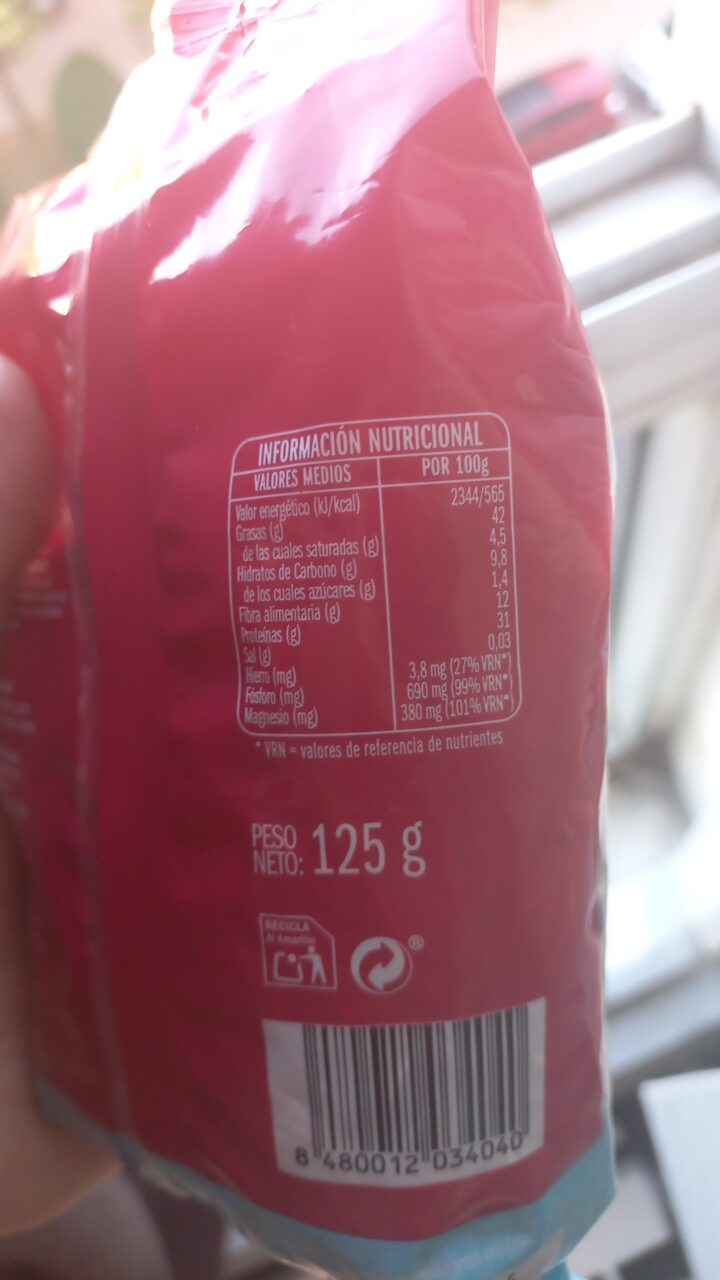
Barcode: 8480012034040
None
HALAL
📝 Reason: The ingredients listed are all generic nutritional components (fats, carbs, minerals, fiber, etc.) with no animal/meat or doubtful E-codes. There are no added flavorings, emulsifiers, or additives that may be of animal or doubtful source. Thus, according to Quran 5:3 and established Halal/haram lists (e.g., IFANCA), all components are Halal. See also www.eat-halal.com for basic ingredient rulings.
📄 Certificates: 125 G, Vegetarisch
Ingredients:
Details
Understanding the Halal Status of None
As consumers become more conscious about the Halal status of products, it’s vital to clarify the Halal status of ‘None.’ According to Islamic dietary laws, the ingredients of a product dictate its Halal status. In this article, we will delve into the specific ingredients of ‘None,’ exploring their origins and whether they meet Halal requirements.
Halal Certification Overview
The product ‘None’ is categorized as Halal, based on a thorough review of its nutritional components. The reasoning established is that all ingredients are generic nutritional components like fats, carbohydrates, and minerals that do not originate from animal sources, or have any questionable E-numbers associated with them. Notably, according to Quran 5:3 and affiliations with reputable Halal certification organizations such as IFANCA (Islamic Food and Nutrition Council of America), the absence of certain ingredients ensures that ‘None’ adheres to Halal dietary laws.
Exploring the Ingredients of None
The ingredients of ‘None’ include:
- Grasas (Fats)
- De las cuales saturadas (Saturated fats)
- Hidratos de carbono (Carbohydrates)
- De los cuales azúcares (Sugars)
- Fibra alimentaria (Dietary fiber)
- Proteínas (Proteins)
- Sal (Salt)
- Hierro (Iron)
- Fósforo (Phosphorus)
- Magnesio (Magnesium)
Examining Each Ingredient
Grasas (Fats):
This is a generic term for edible fat. Unless the fat is sourced from non-Halal animals or pork, it is considered Halal. More information can be found at Halal Trip.
De las cuales saturadas (Saturated Fats):
Saturated fats also fall under the same classification as ‘grasas’ and are considered Halal.
Hidratos de carbono (Carbohydrates):
These are plant-derived; thus, they are inherently Halal.
De los cuales azúcares (Sugars):
Sugars are typically of plant origin and remain Halal as long as they aren’t processed with non-Halal additives. See Muslim Consumer Group for details.
Fibra alimentaria (Dietary Fiber):
Dietary fiber is plant-origin, making it Halal.
Proteínas (Proteins):
The designation of proteins is non-specific. They are Halal unless derived from non-Halal animals. Since no meat sources are listed here, they can be considered Halal by default.
Sal (Salt):
Salt is naturally Halal as it is a mineral.
Hierro (Iron), Fósforo (Phosphorus), Magnesio (Magnesium):
All these are mineral nutrients that are Halal by source and can be freely consumed.
Conclusion
Overall, there are no added flavorings, emulsifiers, or additives within ‘None’ that may invoke doubt about its Halal status. Hence, this product is deemed Halal based on a review of its ingredients and thorough consultations of Halal guidelines from credible sources.
For those looking for more detailed ingredient information and the verification of Halal status, I recommend visiting Eat Halal. This resource provides great insights into various ingredients and their Halal implications.
